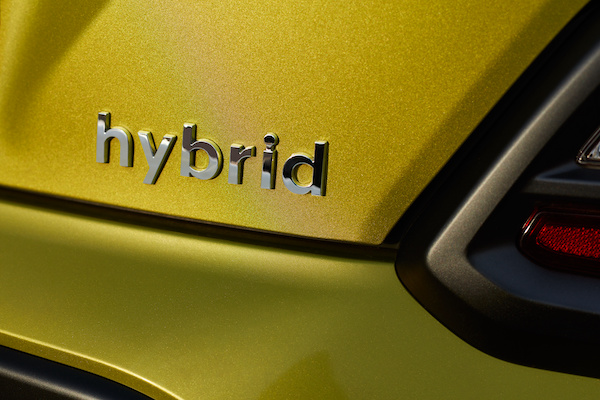
A hybrid car seamlessly combines a gasoline engine with an electric motor, promising reduced fuel consumption and a greener footprint. But before you dive into the world of eco-friendly driving, there are important things you should know to make the decision to swap out your gasoline powered vehicle for this unique blend.
1. Fuel Efficiency: The Primary Attraction
Hybrid cars are renowned for their exceptional fuel efficiency. They can significantly reduce your trips to the pump by seamlessly switching between gasoline and electric power. However, it's crucial to understand that fuel efficiency can vary among hybrid models. Research and compare the miles per gallon (MPG) ratings to find the one that aligns with your driving habits and needs.
2. Different Types of Hybrids: Know Your Options
Hybrids come in various flavors:
- Full Hybrids: These can run on either the gasoline engine, the electric motor, or a combination of both. They offer the greatest fuel savings but tend to be pricier.
- Mild Hybrids: These assist the gasoline engine but can't operate on electric power alone. They are usually more affordable.
- Plug-In Hybrids: You can charge these hybrids via an electrical outlet to maximize electric-only driving. They are ideal for short commutes and can potentially use less gasoline.
3. Maintenance and Repairs: A Unique Consideration
Hybrids have specialized components like batteries and electric motors that require expert care. While maintenance costs can be similar to traditional vehicles, it's essential to have your hybrid serviced by technicians trained in hybrid systems to ensure proper care.
4. Battery Life: The Heart of the Hybrid
The battery is a critical component of hybrid cars. Most come with warranties covering the battery for a certain number of years or miles. It's essential to understand these warranty terms and inquire about replacement costs beyond the warranty period.
5. Resale Value: A Positive Outlook
Hybrids generally hold their value well in the used car market. Their reputation for fuel efficiency and eco-friendliness can make them appealing to future buyers.
6. Charging Infrastructure: Consider Your Location
If you're leaning toward a plug-in hybrid, assess the availability of charging stations in your area. Urban and suburban areas often have more charging infrastructure than rural regions.
7. Tax Incentives: Potential Savings
Many regions offer tax incentives and rebates to encourage the adoption of hybrid vehicles. Check with your local government to see if you qualify for any financial incentives.
Before purchasing a hybrid car, take your time to research and test-drive different models. Consider your driving habits, budget, and environmental priorities. With the right knowledge, you can make a decision that aligns with your needs and values, contributing to a more sustainable future.
Visit Elite Imports & Auto Repair today for all your auto service and repair needs. Our professional technicians get give you expert guidance on making the right choices.